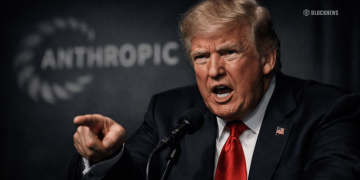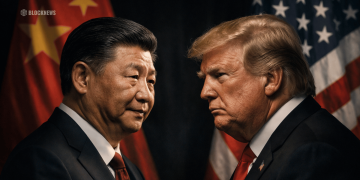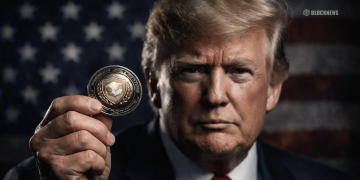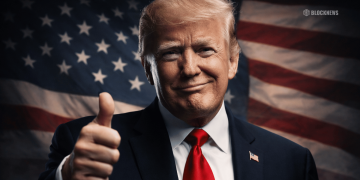- A recent survey revealed that only 7.5% of Salvadorans use Bitcoin for transactions, with 92% opting out.
- Despite low Bitcoin use, 60% of citizens approve of President Bukele’s leadership and the country’s direction.
- The survey highlights education and industry as key priorities for El Salvador’s future, not Bitcoin.
El Salvador’s population remains largely hesitant to use Bitcoin for daily transactions, with a new survey indicating that 92% of citizens have yet to adopt the cryptocurrency for payments. Conducted by the Francisco Gavidia University on October 10, the survey reached over 1,200 adults across the nation, showing that only 7.5% of respondents reported using Bitcoin for any financial exchanges.
This survey’s findings align with a previous poll by the University of Central America, which earlier in the year showed that 88% of Salvadorans were not using Bitcoin. The slight decline in adoption suggests that Bitcoin’s role in the country’s economy has not grown since its introduction as legal tender in September 2021.
Public Support for Bukele Remains Strong Despite Low Bitcoin Adoption
Although Bitcoin transactions are uncommon, the survey demonstrated strong support for President Nayib Bukele, with around 60% of those polled expressing confidence in his leadership and the current direction of the country. However, when asked about the future, only 1.3% of participants believed Bitcoin should be the primary focus for national development. Instead, the majority preferred to see investments in education and industry.
Bukele, who was elected in June 2019, has gained both praise and criticism for his tough approach to organized crime. His efforts to combat gangs, which led to the imprisonment of roughly 1% of the population, are widely supported by Salvadorans but have drawn concerns from human rights groups regarding the treatment of prisoners.
Bitcoin’s Future in El Salvador Remains Unclear
Since making Bitcoin legal tender in 2021, Bukele has continued to promote the country as a haven for cryptocurrency, with plans for a Bitcoin City and offering incentives for foreign investors. Despite these initiatives, the survey indicates that most Salvadorans do not see Bitcoin as a critical factor in their country’s long-term success.
While Bukele has just begun his second term as president, it remains to be seen how his administration will balance its efforts to expand the cryptocurrency sector with the public’s broader focus on more traditional areas of development like education and industry.














